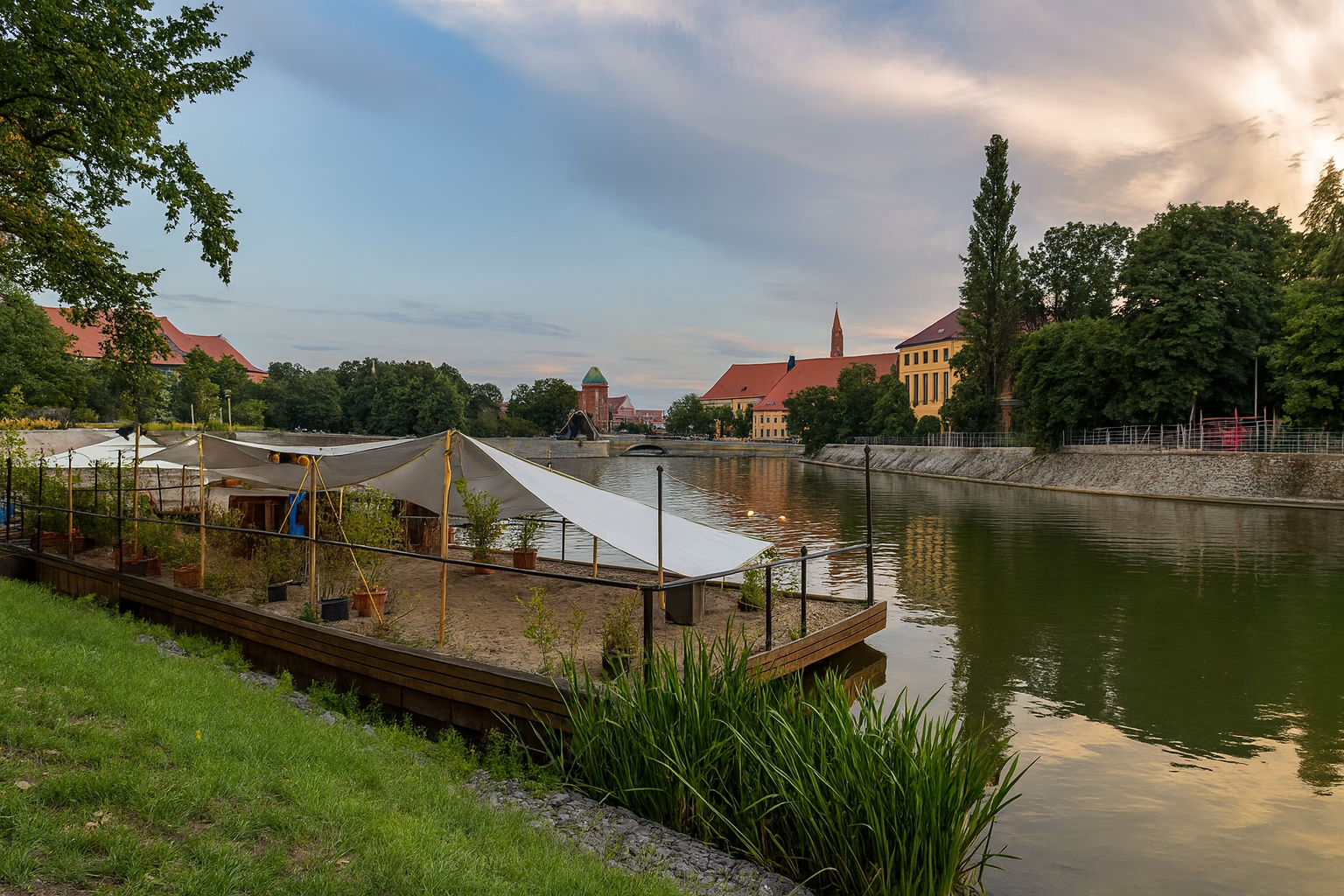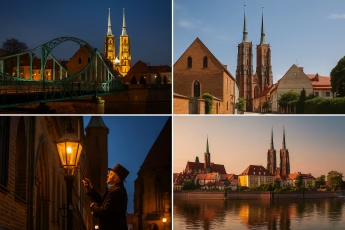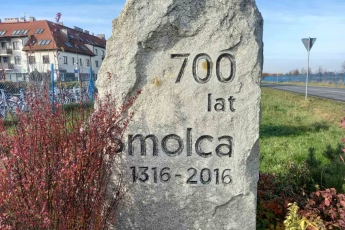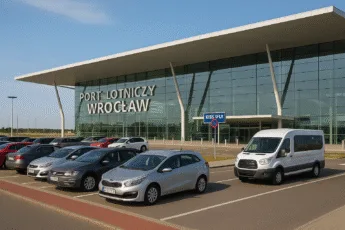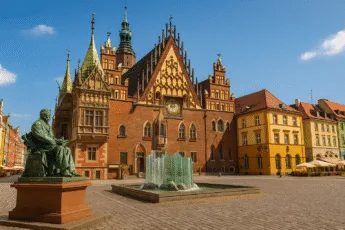Słodowa Island in Wrocław is an open recreational area located between two branches of the Oder River, serving as an informal place for meeting, resting and short pauses while moving through the city centre. There is no traditional park infrastructure or organised service zone here — the way the island is used depends almost entirely on weather, time of day and crowd density.
How this space functions day-to-day
The island is not a “sightseeing” location but a functional urban space. On working days, it mainly serves as a resting spot between meetings or classes and as a pedestrian shortcut between Nadodrze, the University of Wrocław area and the city centre. In warmer months, the dominant activities are sitting on the grass, small group conversations and passive relaxation.
The lack of permanent food services means visitors bring their own food and drinks. This model encourages longer stays but also results in an increased problem of waste in the evening hours, especially at weekends.
Daily and weekly rhythm
| Time of day | Character of the space |
|---|---|
| Morning (7:00–11:00) | Calm, low intensity, mainly walkers and people passing through |
| Afternoon (12:00–16:00) | Gradual increase in visitors, mostly short breaks and resting |
| Weekday evening | Noticeable activity but still with relative spatial balance |
| Weekend evening | High density, noise, limited possibility for quiet relaxation |
What really affects comfort
- Lack of shade – the central part of the island is heavily exposed to sunlight, which reduces comfort during hot days.
- Wind – open exposure leads to rapid cooling in poorer weather conditions.
- Noise – in the evenings, especially in summer, sound levels rise significantly.
- No designated zones – there is no separation between pedestrian flows and recreational areas, which causes spatial chaos at peak times.
- Accessibility – the terrain is flat and easy to access, encouraging spontaneous visits.
Location and pedestrian connections
Słodowa Island acts as a link between several important pedestrian routes. It is connected by footbridge to Piasek Island, and nearby bridges lead towards the University of Wrocław and Nadodrze. As a result, some people use it purely as a transit route without stopping.
Seasonal use
The most intensive period falls between May and September. During this time, the island functions as an open-air urban meeting space. Outside this season, its role is mainly limited to landscape and transit functions. Its importance as a popular gathering point for students and young adults, however, remains unchanged.
Practical tips
- For a quieter experience, mornings on weekdays are the best choice.
- For longer stays, it is worth bringing your own protection from sun or cold.
- Weekend evenings should be treated as periods of high crowd density and low acoustic comfort.
- If your goal is transit rather than rest, using the side paths helps avoid the main clusters of people.
Key characteristics at a glance
- Informal space without permanent commercial infrastructure
- Strongly dependent on weather and time of day
- Heavily used in summer, marginal in winter
- Both recreational and transit in nature
Słodowa Island in Wrocław operates as a flexible urban space whose function changes depending on timing and context. Choosing the moment of your visit consciously allows you to shape the experience — from quiet relaxation to a lively, noisy social scene.

